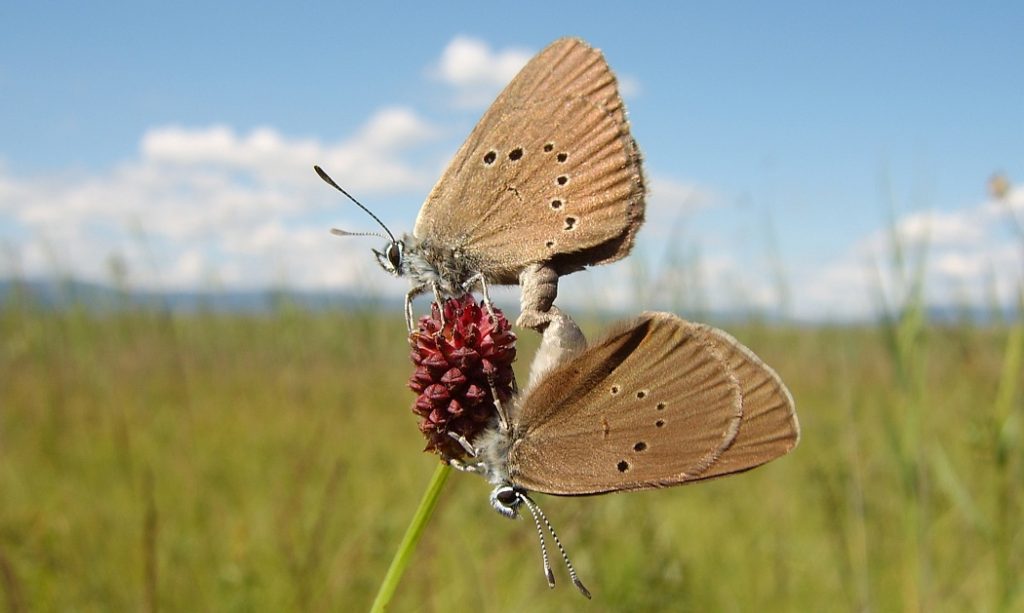Brussels, 9 December 2008 – As the European Parliament and EU Member States are finalising their negotiations on a new European law for renewable energy, international environmental organisations are warning that under the new law large swathes of peatlands, possibly representing the world’s largest carbon stores, will be destroyed for the purpose of producing bio-energy.
Finland, which has the largest remaining area of peatlands in Europe, is pushing for amendments to the renewable energy directive that would open the door to the excavation of its peat reserves under the pretext of reducing climate change impacts. Finland’s mosaic of diverse peatlands also represents one of the largest areas of wetlands in the world [1].
Although peat has been clearly defined as a climate-destroying fossil fuel by the International Panel on Climate Change (IPCC), environmental groups are deeply concerned that Finland is now getting the support of the French Presidency for this action.
“It would be one thing if we were discussing a purely domestic issue,” said Jouni Nissinen from the Finnish Association for Nature Conservation, a national group opposing continued usage of peat on climate policy and biodiversity grounds [2]. “What the Finnish negotiators don’t realise, however, is the fact that the behaviour of Finland is going to have a serious impact on tropical South East Asian rainforests. Many of the most biodiversity-rich forests that grow on tropical peatlands would be sacrificed for the production of biofuels for the EU market.”
Last week already saw the gutting of three crucial pillars of EU climate policy: a postponement of the demand for car makers to produce more efficient cars, the promotion of highly unsustainable biofuels and the blocking of a deal on renewables by Italy. Environmental groups point out that allowing peatland exploitation to produce raw materials for bio-energy will add to what is now starting to look like an embarrassing track record for Europe in backtracking on its climate commitment in favour of narrow national interests at a moment when Europe should demonstrate unity and leadership in the international climate negotiations in Poznan on a new Kyoto regime.
***
NOTES:
[1] According to the International Mire Conservation Group, a wetlands expert organization, peat mining in Finland threatens globally important mire ecosystems.
[2] A recent study by Fargione et al in Science Express (February 2008) showed that converting rainforests, peatlands, savannas, or grasslands to produce food-based biofuels in Brazil, Southeast Asia and the United States creates a ‘biofuel carbon debt’ by releasing 17 to 420 times more CO2 than the annual greenhouse gas (GHG) reductions these biofuels provide by displacing fossil fuels.


![]()







